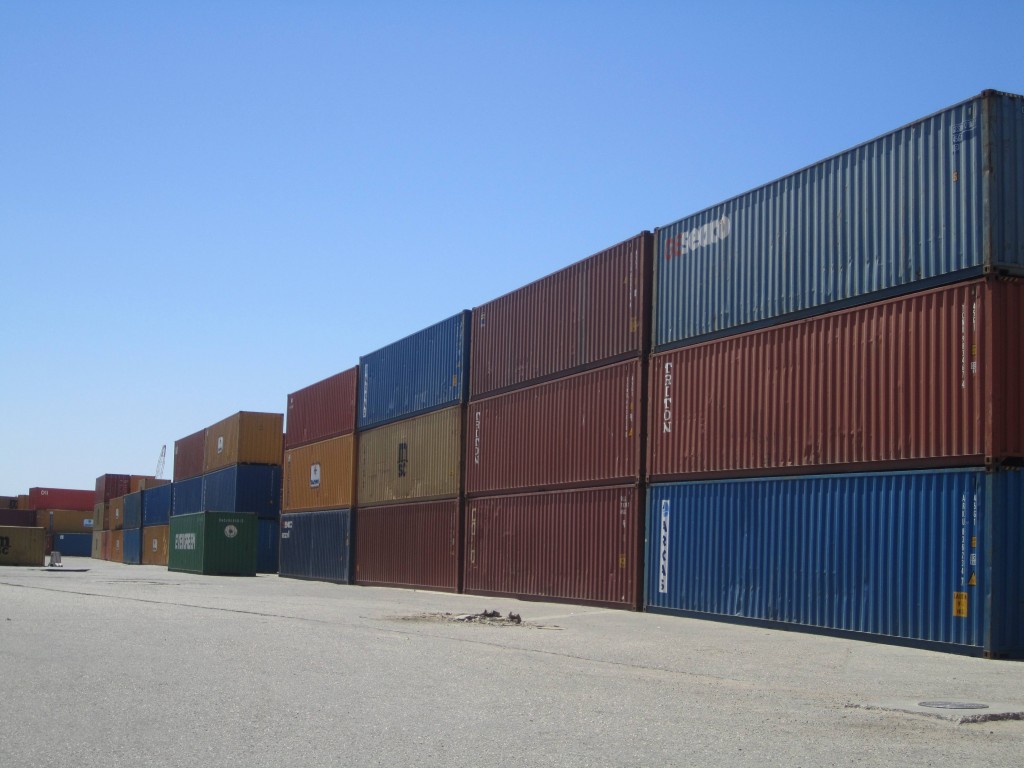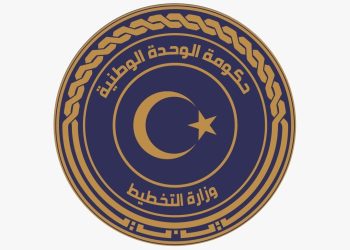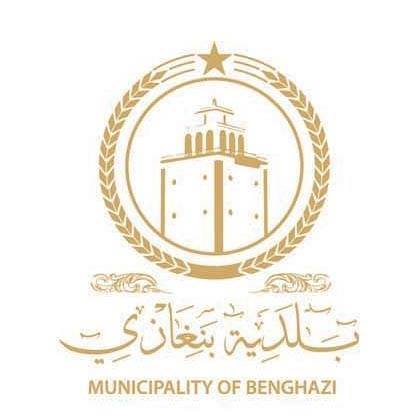By Tom Westcott.

Tripoli, 27 December 2013:
Misrata Free Zone Port handled a record number of shipping containers imported during 2013.
This year, 208,339 . . .[restrict]twenty foot equivalent units (TEUs) have been unloaded at the port, according to a report by Reuters. Marketing manager for the Free Zone Company Mohammed El-Swayah described this as a “record figure,” up from 159,634 TEUs last year.
Misrata Free Zone is one of the country’s most successful ports. It is the best equipped to handle TEUs, boasting the only two gantry cranes in Libya. Tripoli Port, by comparison, relies on 24 reach stacker vehicles to individually handle TEUs, making unloading vessels a time-consuming process.
Misrata Free Zone also offers shippers large storage areas for cargo. Tripoli and Benghazi ports, both located in city centres, have limited storage space and no capacity for expansion. The harbour quays at Misrata are also being expanded, Swayah said, to accommodate more vessels.
Although Libya imports some 80 percent of its needs by sea, its ports suffered decades of neglect under the old regime. All operate at a reduced capacity, due to lack of equipment and poorly-maintained berths. A knock-on effect is that ships are forced to wait on anchor, for up to two weeks, for berth space to become available.
Shippers claim this makes Libya the most expensive shipping destination in the Mediterranean.
There are shorter waits for vessels docking at Misrata Port. As the only independent Libyan port authority, it does not use the state handling company, the Libyan Ports Company (LPC). This speeds up handling of TEUs, making the port an attractive option for shippers.
LPC has a monopoly on stevedoring at all other Libyan ports. It has been criticised by port staff for operating under its own rules, dealing with finances independently and dictating port hours by working just two shifts per day.
“What we need is for the government to open stevedoring up to private companies so there is a chance for some good competition,” Tripoli Port Manager Captain Hassan Gwile told the Libya Herald earlier this year. [/restrict]








